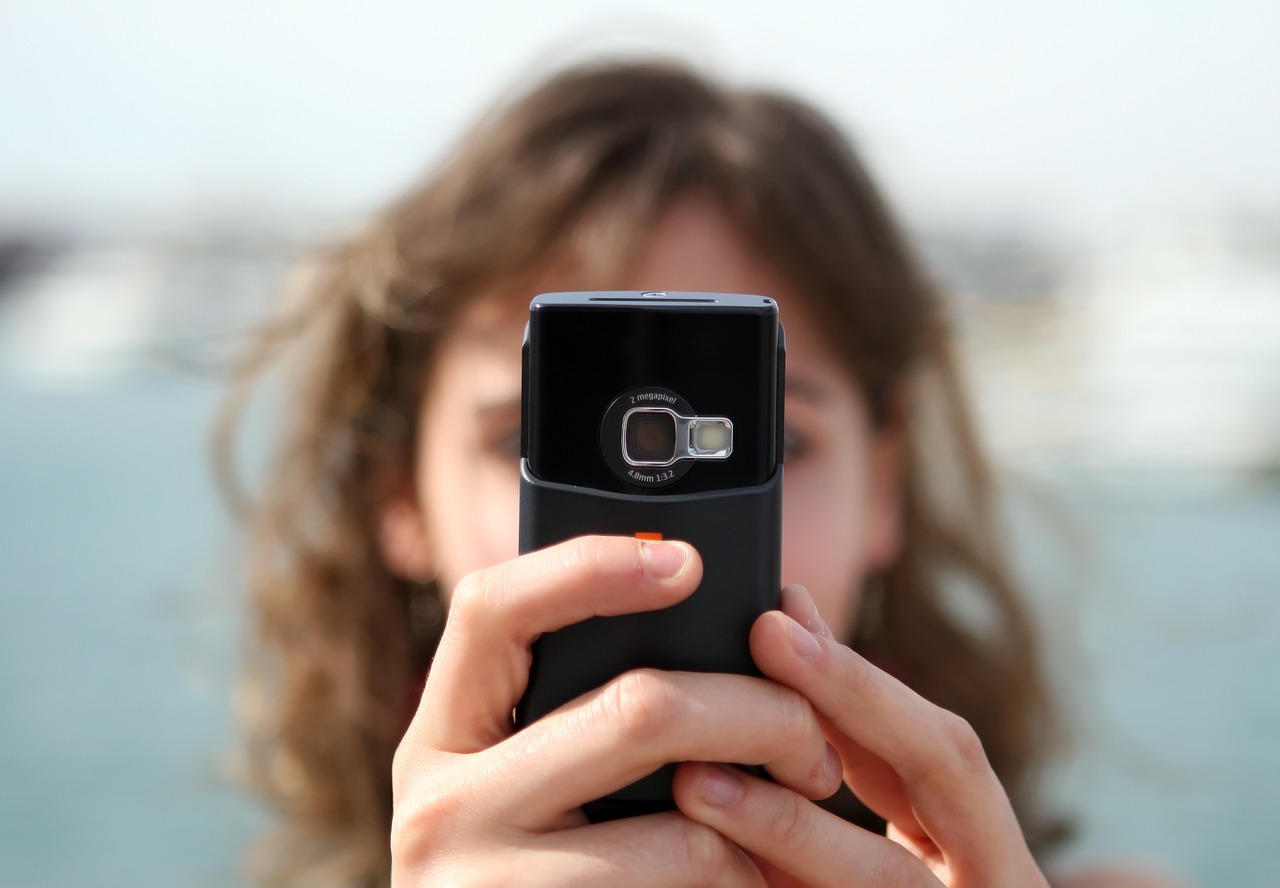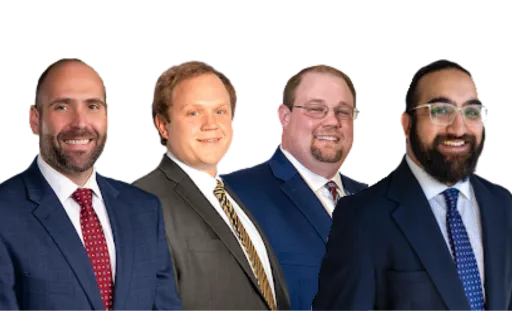Can I Record the Police in South Carolina?

Historically, criminal cases were a police officer’s word against a defendant’s and the defendant usually lost. People used to give more credibility to the testimony of police officers, but eyewitness citizens’ recordings and video are now questioning that credibility.
The explosive growth of bystander recordings has made courts look at the First Amendment in a new way. Often, our news today comes from bystanders at the scene with cell phones instead of a news crew. Citizens are becoming the news media and are recording public interactions of themselves and others with police.
Many South Carolina law enforcement officers wear body cameras, which grew out of questionable deaths of suspects involving officers.
The law states that eyewitnesses may record police while on duty as long as they do not interfere with law enforcement activities. What it means to “interfere” with law enforcement duties is not clear from a legal perspective. For example, it is still undetermined how far away from the scene an eyewitness must remain when recording police.
Bystanders recording too close to a police officer during an investigation or arrest can be considered a safety issue or distraction. Moreover, civilians who are recording might not understand what is unfolding.
To date, it appears that there is no Supreme Court or Fourth Circuit (which covers the state of South Carolina) decision recognizing a citizen’s right to record law enforcement activities. Some states have introduced bills that define police interference in more detail. And while the General Assembly in South Carolina has introduced legislation that deals with citizen’s recording law enforcement officials, it has not gone far in the process and there are no new laws to enforce.
According to the American Civil Liberties Union of South Carolina, recording matters that are plainly visible in South Carolina’s public spaces is an individual’s constitutional right. This protection covers recording law enforcement officials who are carrying out their duties. However, there is a growing pattern of police ordering citizens to stop recording, and harassing or arresting those who do not comply.
As Attorney Dayne Phillips commented, “Recording interactions by police at a crime scene is a growing part of a national conversation more about law enforcement practices and accountability. I hope that we should soon see a citizen’s right to record police recognized by the laws and courts in South Carolina. The fight will then be about what restrictions can be placed on that right.”
Back



